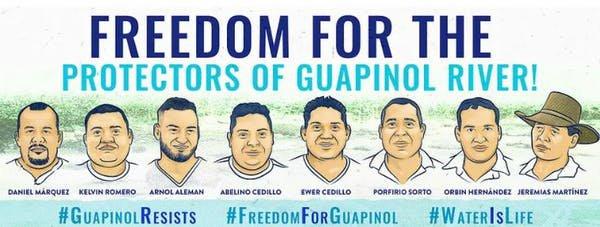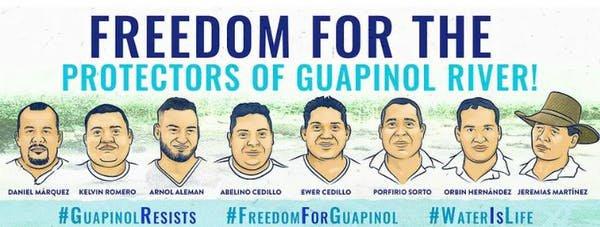Indigenous Tolupán community leader Melvin Geovany Mejía Rodríguez was gunned down and killed by two unknown people on the highway to Morazón, Yoro. He was traveling with a friend who also died in the attack. Melvin Geovany Mejía Rodríguez was a recognized leader of the Candelaria tribe. Through his activities with Movimiento Amplio por la Dignidad y la Justicia (MADJ), Melvin Geovany Mejía Rodríguez worked to protect the ancestral lands of the Tolupán people from domestic and international mining operations. He had been the victim of harassment, intimidation and death threats over the past few years, which led to him having to relocate his family to reside in a different town.
- Home
- About Us
- Issues
- Countries
- Rapid Response Network
- Young Adults
- Get Involved
- Calendar
- Donate
- Blog



